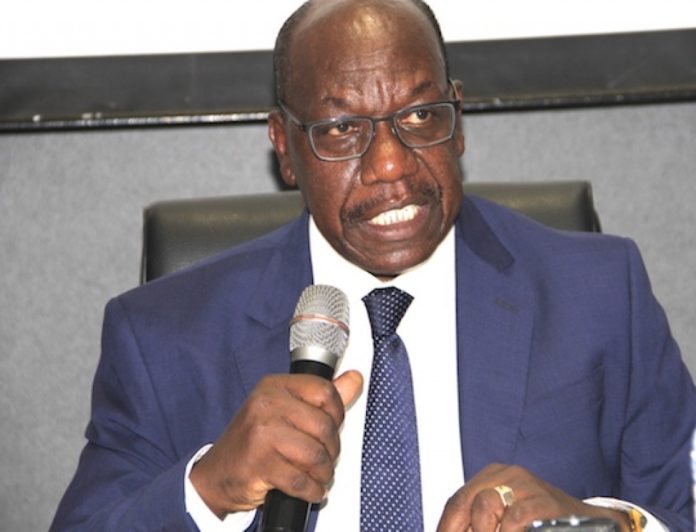The reconstituted Joint Monitoring and Evaluation Commission (RJEMC) calls on the translational government of national Unity to implement key provisions in the agreement.
It says there is a need to expedite the process within the remaining time frame of the peace agreement.
The peace mechanism regrets the delays in graduating the unified forces believed to be the fundamental pillar of peace implementation before general elections.
The RJEMEC Interim Chairperson, Amb. Charles Tai Gituai says the transitional period remains for only seven months, and much must be completed in the peace implementation.
“By now, all critical tasks, including the constitution-making process, should have been completed, and preparation to conduct elections should have been in high gear. However, this is not the case. Critical tasks, including pre-transitional tasks like the unification of forces, are still pending.” Charles Tai Gituai added.
The International Community and regional bodies have raised concerns about the slow implementation of the agreement.
Kingdom of Netherlands Ambassador to South Sudan Jelte Van Wieren says the parties have completed two years implementing peace with no taggable achievement.
“Today, as my tour of duty ends, the outstanding provision of the peace agreement, required to be fulfilled with concluding the political transition by February 2023, remains stuck.”
“And no matter how you look at it, time is running out.” Ambassador Jelte Van Wieren reiterated.
The international partner’s Forum (IPF) and RJEMEC have welcomed the announcement on the drafted roadmap presented to the President last week. They called the parties to follow the roadmap and handle it in the spirit of the revitalized peace agreement.
The Minister of Cabinet Affairs, Dr. Martin Elia Lomoro, said the government is committed to implementing the peace agreement. He says the roadmap focuses on chapters 1, 2, 5, and 6 that deal with the country’s security and stability.
“We regard chapters three and four as routine, administrative or humanitarian. The road map is based on our analysis of chapters one, two, five, and six,” Elia said.
Dr. Elia said the Presidency would meet with parties signatories to the agreement to make their conclusion to the roadmap.
Last week, opposition parties in the Unity government disregarded the roadmap saying it was not a coordinated document prepared by the peace partners and favors the President’s interest.

